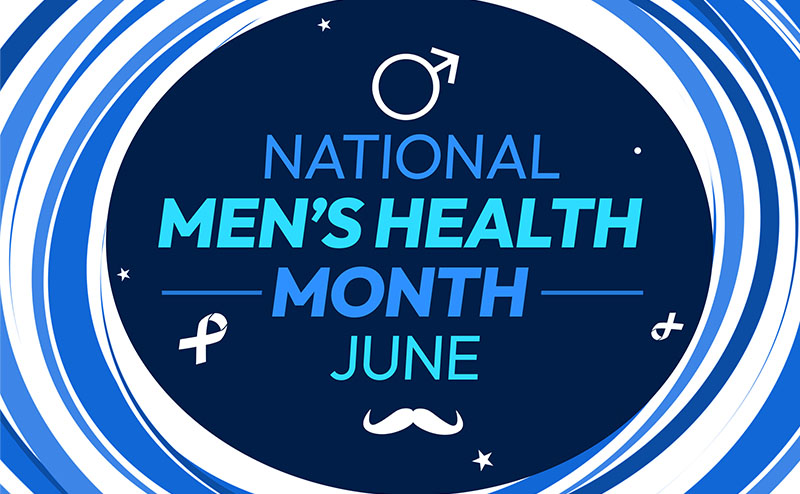WASHINGTON, DC—June is Men’s Health Month, and the American College of Emergency Physicians (ACEP) urges every man to prioritize their health to help prevent a medical emergency.
“Never put off a doctors’ visit until your health concerns become too severe to ignore,” said Alison Haddock, MD, FACEP, president of ACEP. “Getting regular check-ups and recognizing when it is time to go to the emergency department are two ways to take charge of your health that may save your life.”
The nation’s emergency physicians share these suggestions for men:
Schedule routine check-ups and screenings. Prostate cancer affects about 1 in 8 men according to the American Cancer Society (ACS) and early detection saves lives. Heart disease is currently the leading cause of death for men in the United States, according to the Centers for Disease Control and Prevention (CDC). About 1 in 250 men will develop testicular cancer, according to the ACS. Routine checks for lumps or swelling of the testicle can aid early detection. Keeping current with screenings and check-ups can help avoid medical issues down the road.
Avoid preventable injuries. Whether participating in physical activity, tackling a new home repair project, or doing yard work, active men can take simple safety precautions.
The CDC estimates that each year 2.7 million ED visits are for sports-related injuries. Sprains, strains, and dislocations can be prevented with proper warm-up and stretching techniques. Never ignore the signs of a concussion or serious head injury, such as confusion, headache, vomiting, or loss of consciousness.
Reduce the risks from home repair and yard projects by wearing protective equipment, proper footwear and keeping a first-aid kit nearby.
Know when to go to the emergency department. Never ignore troubling or unusual health signs or symptoms. Knowing the risks and identifying the signs and symptoms of a heart emergency can make the difference between life or death. Seek immediate medical attention for most chest pain, especially if it is accompanied by shortness of breath, sweating, or lightheadedness. Sudden or severe stomach pain should never be ignored because it can signal serious conditions like appendicitis, ulcers, or a blocked intestine. Persistent abdominal pain accompanied by vomiting or fever can be a sign of a life-threatening emergency.
Prioritize mental health. Mental health is just as important as physical health. The National Institute of Mental Health estimates that 1 in 5 men suffer from mental illness. It is important to learn the risk factors and warning signs of a mental health crisis. The American Foundation for Suicide Prevention found that in 2023, men died by suicide 3.8 times more than women. If you or somebody you know is at immediate risk, call 911 or go to the nearest emergency department.
“We have to normalize men talking about their health,” said Dr. Haddock. “Making healthy choices today and building healthy habits will go a long way toward preventing a medical emergency.”
 American College of Emergency Physicians
American College of Emergency Physicians




